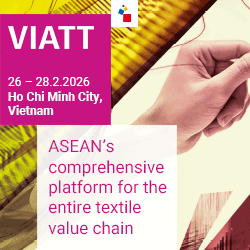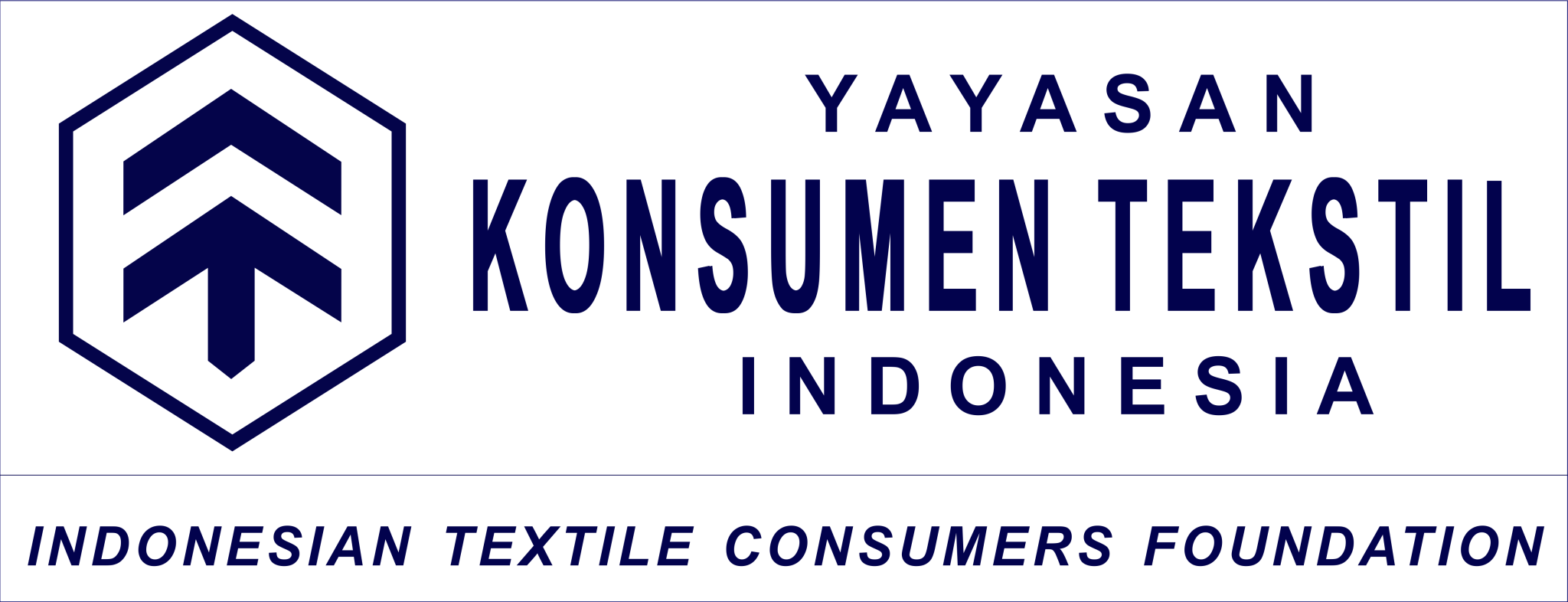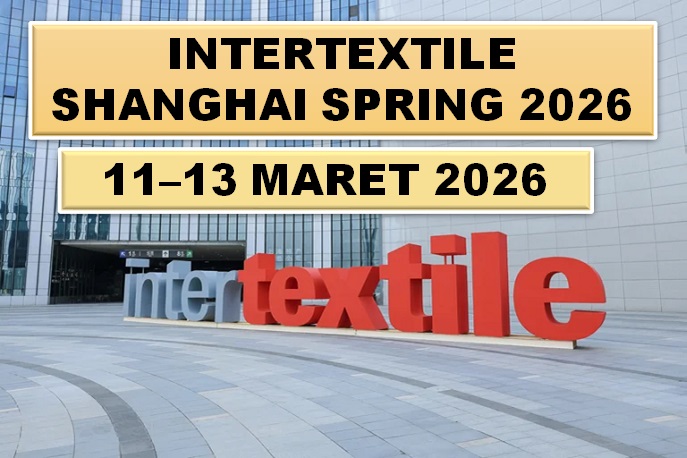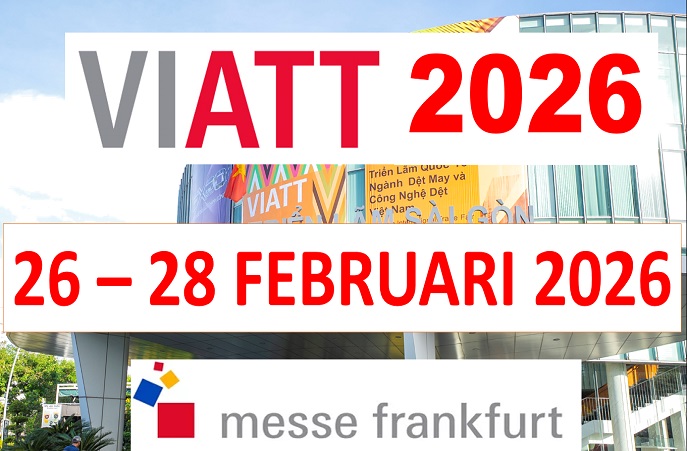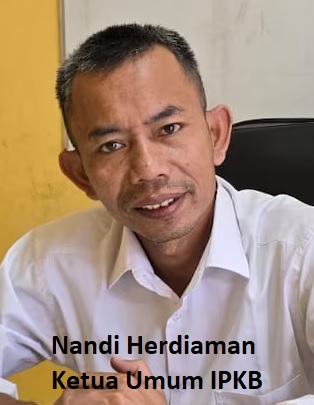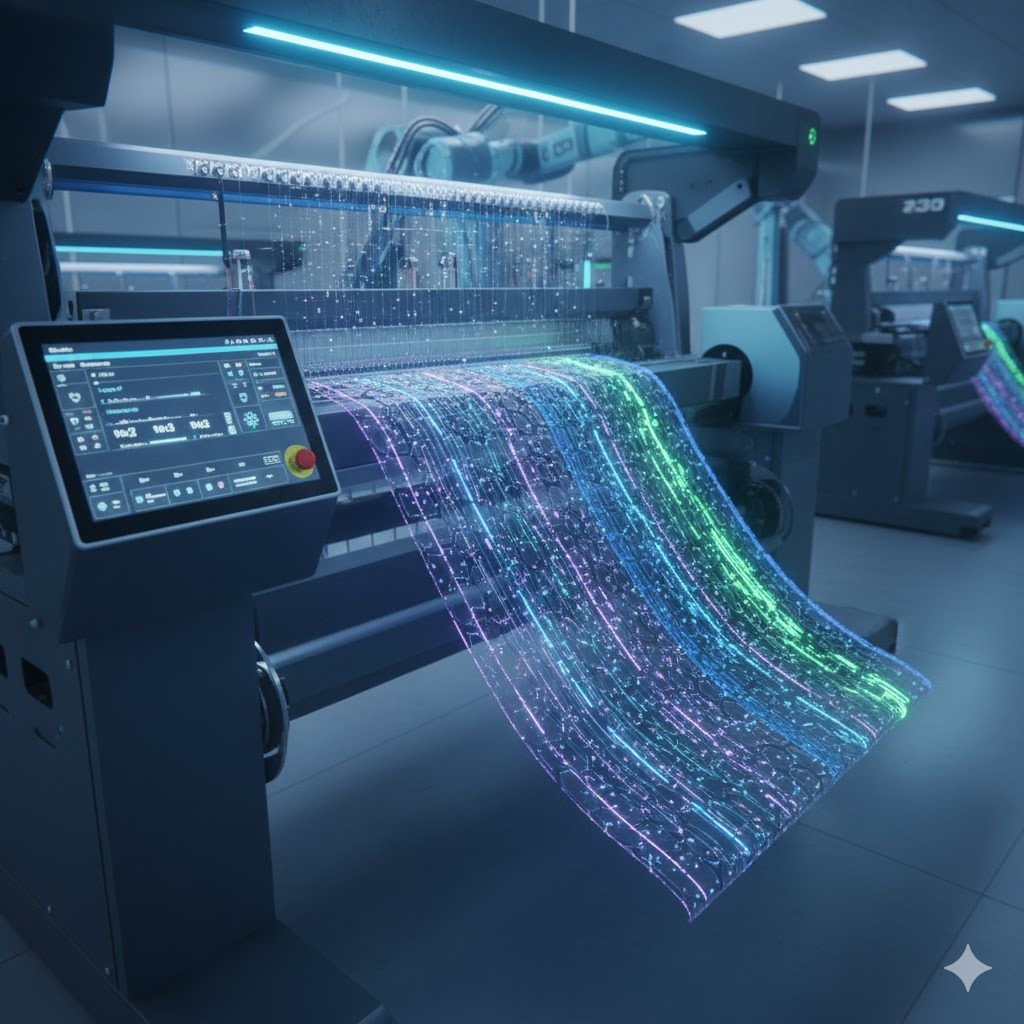Embran Nawawi, a national designer from Surabaya, said that textile raw materials are one of the problems in the development of the fashion business in Indonesia today.
According to him, currently local fashion industry activists are still having difficulty getting textile raw materials because they have to buy them imported.
In fact, continued Embran, Indonesia is one of the countries with the largest level of clothing consumption in the world. However, he regretted that the textile production in the country was even more exported to meet the needs of foreign countries.
As a result, textile materials that should be easily available in the country at a cheaper price, people actually get it at a higher price in limited quantities.
“The problem is in textiles. We cannot buy cheap textiles in our own country. Ended up having to buy outside and it was restricted. What if all (the ingredients) are 100 percent imported?” Embran said.
He said that Indonesia had not been able to take advantage of existing opportunities, as seen by the lack of increased production of textiles destined for its own country, such as Muslim fashion, the majority of which were still imported.
"So the biggest (Muslim fashion) producers are still China, India, Turkey. Indonesia does not yet exist even though Indonesia is the world's largest consuming country after Turkey and the United Arab Emirates (UAE)," said the man who is also a lecturer in Fashion Entrepreneur at the Widya Mandala Catholic University (UKWM) in Surabaya.
Another problem that arises from the fashion industry is that Indonesia has lost in fashion tastes and trends, so that it is too late to respond to fashion that is trending abroad.
In this case, Embran called Indonesia a tail trend. As a result, the fashion industry does not play a major role in economic growth in Indonesia.
“We lost in taste and trend, not trendy. We are followers. So the trend outside is too late to enter Indonesia and it cannot encourage economic growth," said the originator of the batik theme every year at East Java Fashion Harmony.
He hopes that the government will pay attention to the need for textile raw materials for the domestic fashion industry. One of them is by providing more quotas for textile production for Indonesia than for export needs. "Please help this textile, at least share the production quota for Indonesia. So for example, one meter of cloth in China is Rp. 25 thousand, here it is at least Rp. 27 thousand, not Rp. 50 thousand. That way we have similar (same) products," he hoped.

